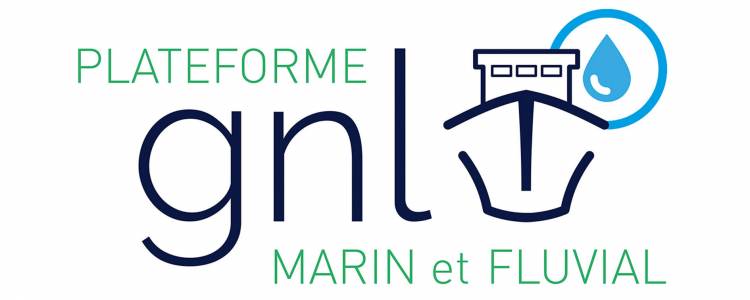Version imprimable de l'article

Business GNL
07/07/17
In recent months, maritime LNG has made significant progress in terms of new projects and new tanker orders. Dunkerque LNG firmly believes in the role it will have to play in reducing greenhouse gas and particle emissions at sea. The company has joined forces with other players in the sector to create a platform promoting LNG as a maritime and river fuel.
Last May, several players in the LNG and maritime sectors decided to create an inter-branch platform whose goal is to promote LNG as a maritime and river fuel.
The initiative behind the platform came from the Association Française du Gaz (French Gas Association). In December 2016, after the inter-ministerial mission on LNG, whose goal was to transpose the terms of European Directive 2014/94 for the deployment of alternative fuel infrastructures into French law, the AFG proposed the creation of a French LNG platform, similar to the initiatives that already exist in the Netherlands, Germany and Belgium.
In addition to the AFG, the platform has six founding members, mostly players in the LNG sector (Dunkerque LNG, Total, the Port of Dunkirk, Engie, Gas Natural Fenosa, GTT), and around twenty associate members (Brittany Ferries, Armateurs de France, Comités des Armateurs Fluviaux, the French Maritime Cluster, Chart, Bureau Veritas, Union des Ports français, GICAN, CFT, DNV GL, Compagnie du Ponant, etc.).
"The creation of this inter-branch platform dedicated to promoting the use of LNG fuel will help launch a new industrial and logistical dynamic in France," explains Jérôme Ferrier, chairman of the AFG.
The overall goal of the platform is to enable the emergence of an LNG refuelling supply chain in France and to create the conditions required for improved LNG competitiveness. This involves three main tasks. The first is to communicate on the environmental qualities of maritime and river LNG and to promote it as a leading alternative to petroleum-based fuels. It eliminates almost all sulphur oxides and fine particles, reduces nitrogen oxides by 85 to 90% and reduces CO2 emissions by almost a quarter. The second task is to convince political decision-makers of the strengths and future of this form of energy, in order to obtain the same level of attention as that paid to other potential alternative fuels and above all to gain their support for the projects that will emerge. Finally, the third task is to encourage the development of professional regulations to facilitate the use of LNG for bunkering in maritime and river ports, in compliance with all safety rules. Another key issue related to increased discussion around the benefits of LNG as a fuel is the European funding of French projects. Between 2007 and 2015, only four French projects received European grants as part of the TEN-T project ("Trans-European Transport Network", the EU transport infrastructure development programme).
In the same way as the GPMD (Grand Port Maritime de Dunkerque) is the only port present as a founding member, Dunkerque LNG is the only gas infrastructure operator founding member at this time.
"Together with one of our closest partners, the Port of Dunkirk, Dunkerque LNG’s commitment demonstrates the importance of the role played by the North Sea seaboard in the development of maritime and river LNG for France. Our geographical proximity to the countries spearheading this work motivates us to undertake projects in the field," explains Cécile Grégoire-David, Business Development and External Relations Manager at Dunkerque LNG.
In close collaboration with the GPMD, Dunkerque LNG currently has several projects under development or under study in the field of LNG fuel.
The first concerns the construction of an onshore refuelling station for tank trucks on the LNG terminal site. These tank trucks are used to supply LNG service stations, and also to directly supply tankers. Construction is expected to begin in the second half of 2017 and the first commercial operations are expected in 2019.
At the same time, teams at the Dunkirk LNG terminal are working on adapting the jetty to accommodate bunker tankers of 5,000 m3 and more, and are considering the construction of a dedicated jetty, depending on the development of the market.
Through this commitment and the projects it is developing, Dunkerque LNG intends to make a real contribution to the energy transition.
Article présenté sur la lettre d'information : Juillet 2017
Il est exigé que les participants précisent leurs nom, prénom, ainsi que leur adresse mail. Ces données, réservées à Dunkerque LNG, ne seront pas publiées à l'exception du prénom et de l'initiale du nom.
La publication des avis et commentaires est soumise à modération : prendre connaissance de la charte